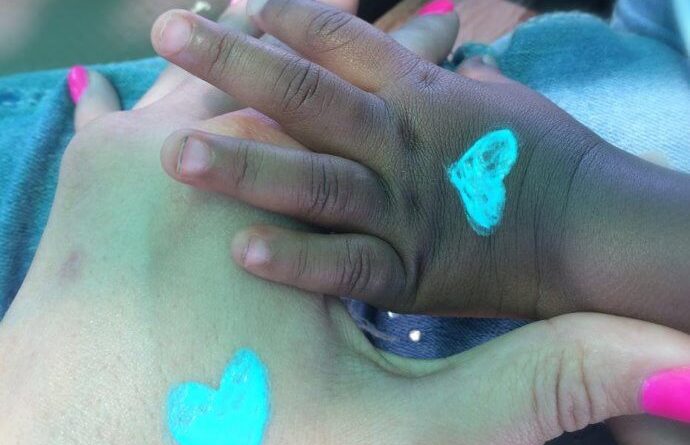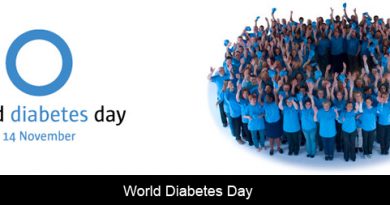What you can expect to experience if you’ve been the victim of violent vehicle crime
Hijackings are increasing. The latest Tracker Vehicle Crime Index revealed that hijackings now attribute a higher percentage of vehicle crime than theft, averaging a 53/47 split. While the South African Police Service (SAPS) fourth quarter 2020/21 crime statistics noted that 4 513 carjackings were reported for the first three months of this year, a 4.9% increase compared to the same period in 2020.
As a result, there is a greater likelihood of being involved in this traumatic situation. For most people, such an event overwhelms their usual coping capacity and negatively affects their everyday life. How you respond will differ from person to person. But what can you expect to experience?
Elsabé Engelbrecht, founder member and CEO at PROCARE, the trauma specialists that Tracker partners with, explains: “There are a number of typical trauma symptoms, including changed sleep and eating patterns, chronic tiredness, skin rashes or outbreaks, hair loss, reduced concentration and forgetfulness. Someone who has been through a traumatic experience like a hijacking could feel anxious, tearful, sad, angry, depressed or suspicious. They might experience flashbacks of the event, which could be provoked by people or places associated with the trauma.”
What you experience or feel after a hijacking will be determined by what exactly happened, your personality, how you felt during it, and your reaction to it. Other people’s reactions to it can also affect your experience.
“Some people can have a healthy stress response and get over such a traumatic event quite quickly. For others, the initial trauma may later lead to a period of post-traumatic personal growth. Unfortunately, the trauma can also have a negative outcome, affecting a person’s life view, ability to live freely, relationships and mental wellbeing. It could lead to the development of mental disorders, including Acute stress disorder (ASD) or Post-Traumatic Stress Disorder (PTSD),” says Engelbrecht.
“Everyone has their own coping mechanisms for dealing with such a traumatic event. Some coping strategies are negative, such as using drugs or alcohol to escape negative memories. Others can be positive, for instance, proactively seeking therapy to deal with the traumatic event or searching for a renewed sense of self. It can take time to recover your emotional equilibrium and rebuild your life. But there are specific things you can do to help yourself cope with the emotional aftermath of trauma and find a way to move on with your life,” continues Engelbrecht.
She provides the following tips:
- Give yourself time to heal and to mourn any losses you’ve experienced;
- Don’t try to force the healing process;
- Be patient with the pace of recovery;
- Be prepared for difficult and volatile emotions;
- Allow yourself to feel whatever you’re feeling without judgment or guilt; and
- Learn to reconnect with uncomfortable emotions without becoming overwhelmed.
“Tracker has noticed and is concerned about not only the increase in hijackings, but also in the level of violence used by criminals when committing hijackings. We have also seen an increase in hostage taking during hijackings,” says Duma Ngcobo, Chief Operating Officer at Tracker South Africa. “While some people might think they can deal with their feelings on their own following a hijacking incident, they might not notice the impact that it has had. Don’t think it hasn’t affected you, rather seek assistance from a professional such as a trauma specialist.”
What if your child was involved in the hijacking incident?
“The intense, confusing and frightening emotions that follow a traumatic event like a hijacking can be even more pronounced in children. You can help your child cope with traumatic stress and move on from the event. However, it is better to get assistance from a mental health professional or counsellor,” concludes Engelbrecht.
Also View:
Road Trauma and Trauma Counselling for Road Crash Victims
Trauma counselling and Road Safety
Post-Traumatic Stress and Road Safety
The Trucking and Freight Industry and Trauma Counselling




